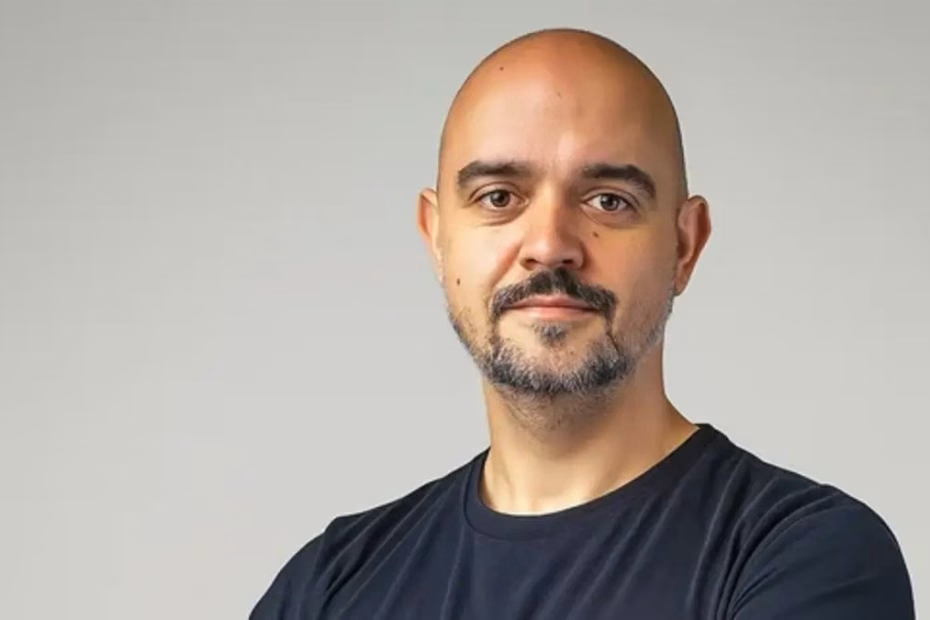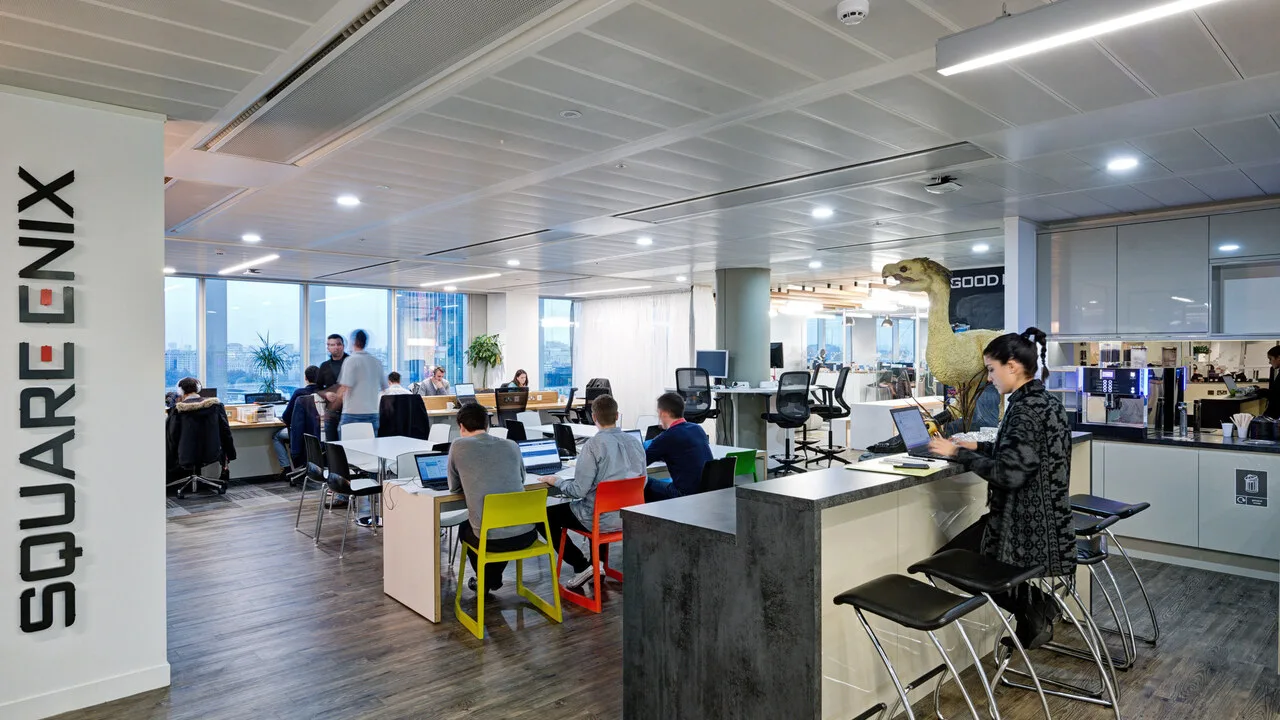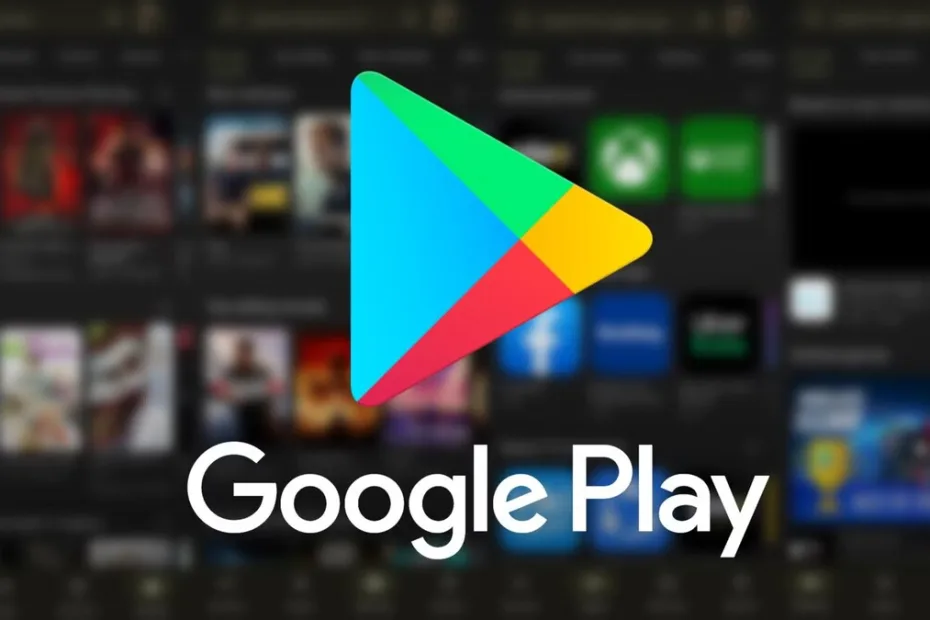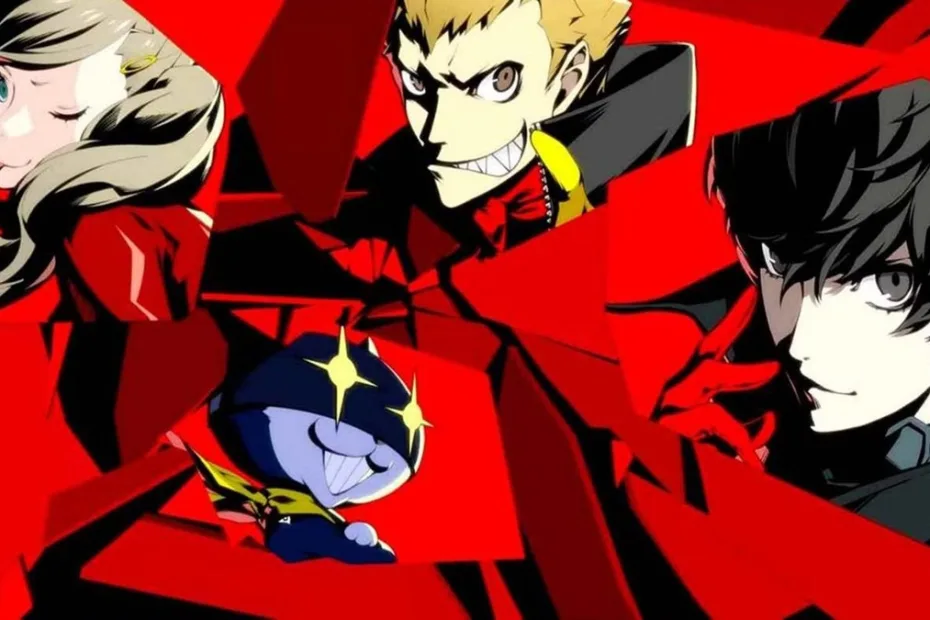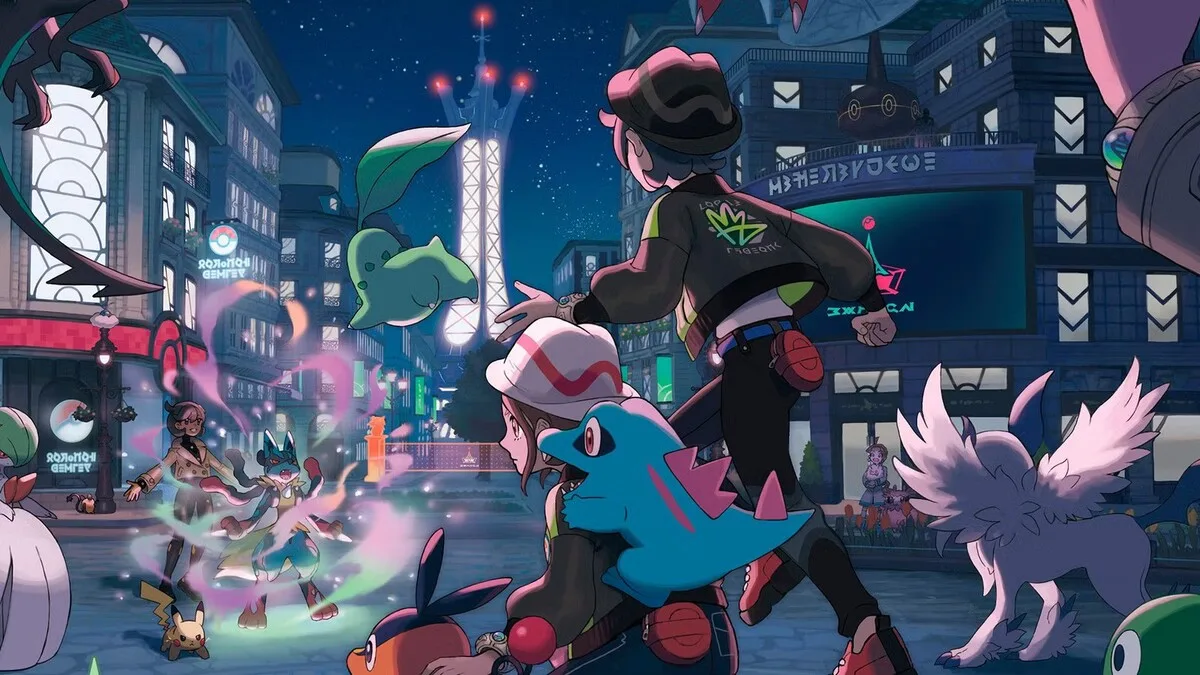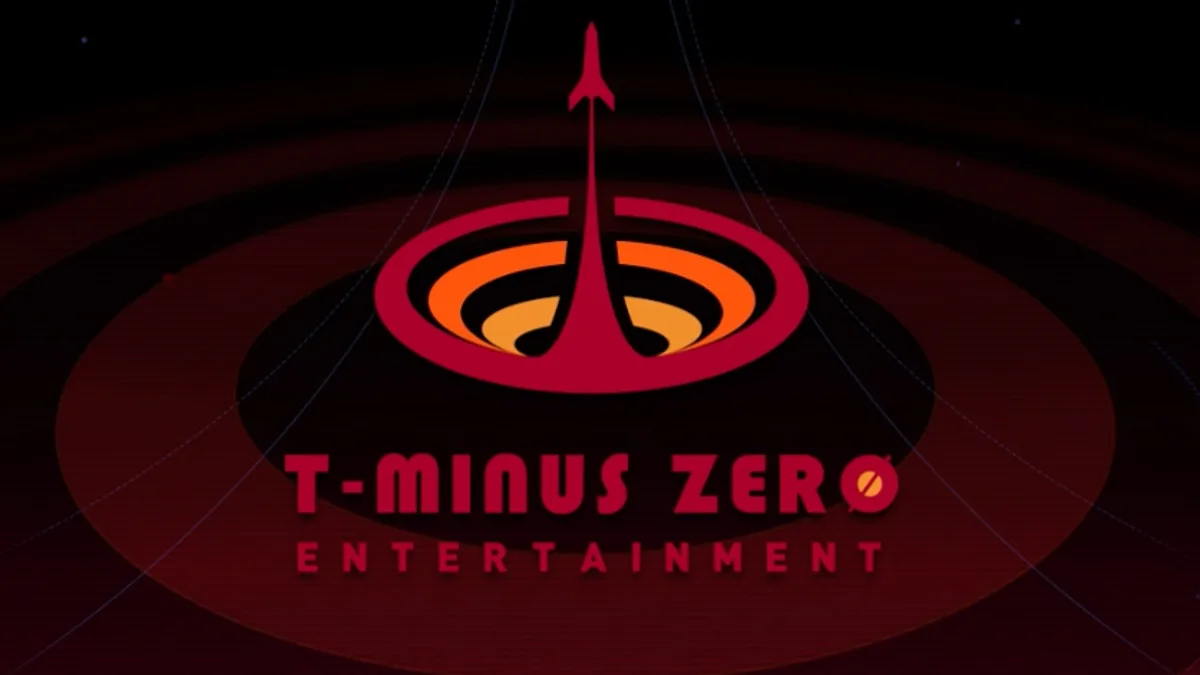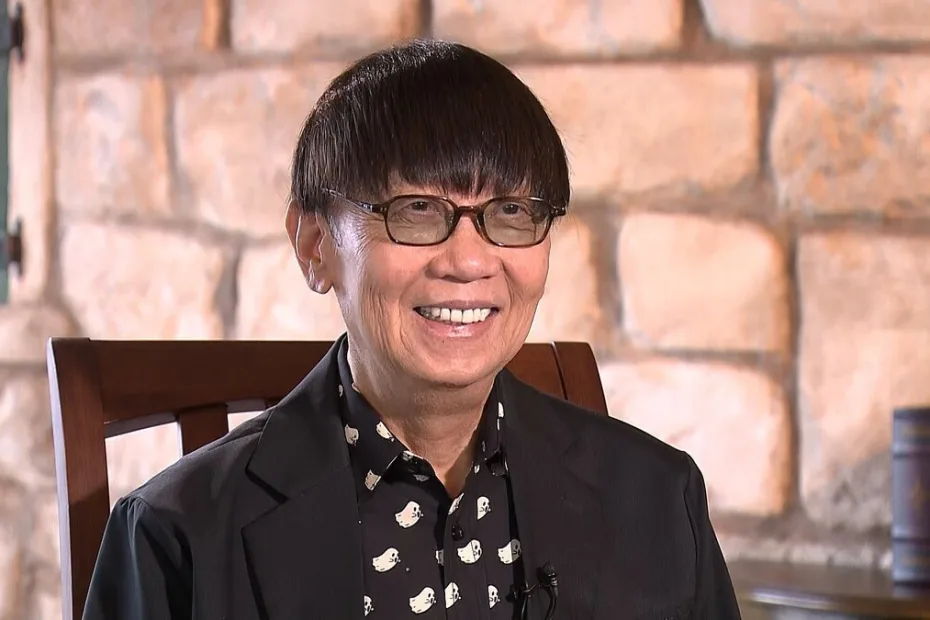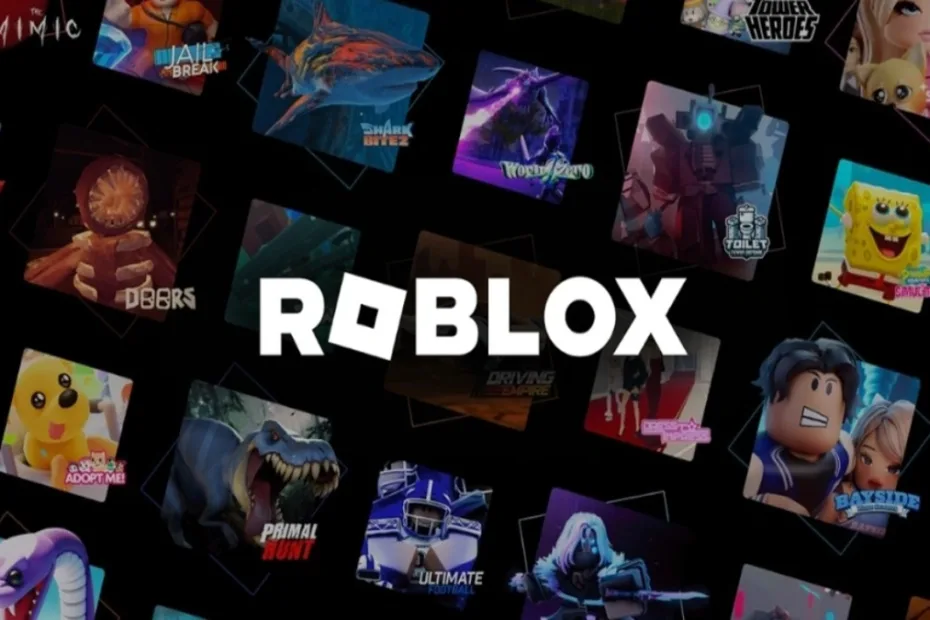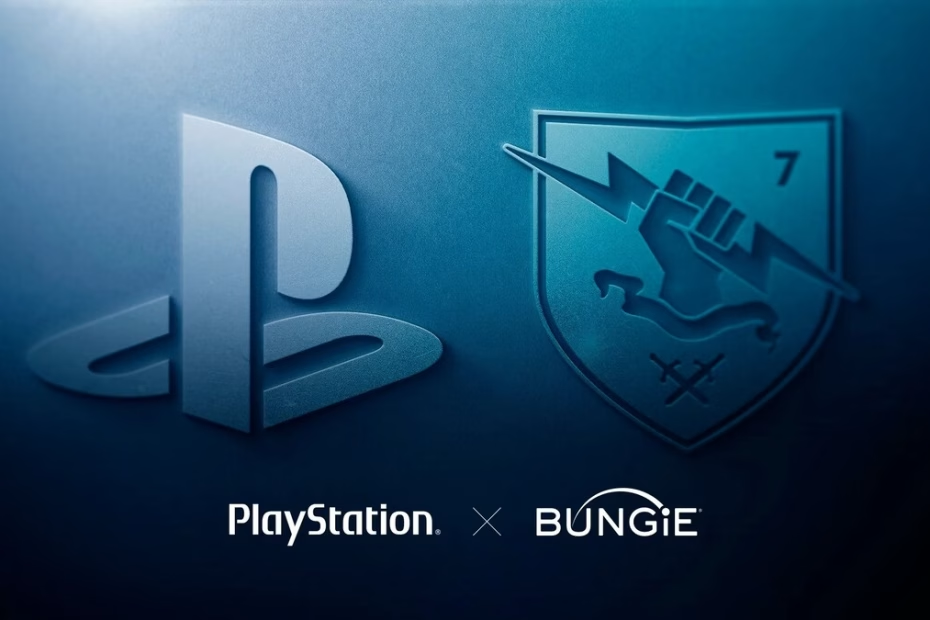
Sony acknowledged things hasn’t been the same with Bungie for Q2 2025
Sony’s latest earnings reveal strong PlayStation momentum, with PS5 lifetime sales hitting 84 million units, but the report also underscores mixed performance across its wider conglomerate and highlights challenges at Bungie. Ghost of Yotei and… Sony acknowledged things hasn’t been the same with Bungie for Q2 2025
